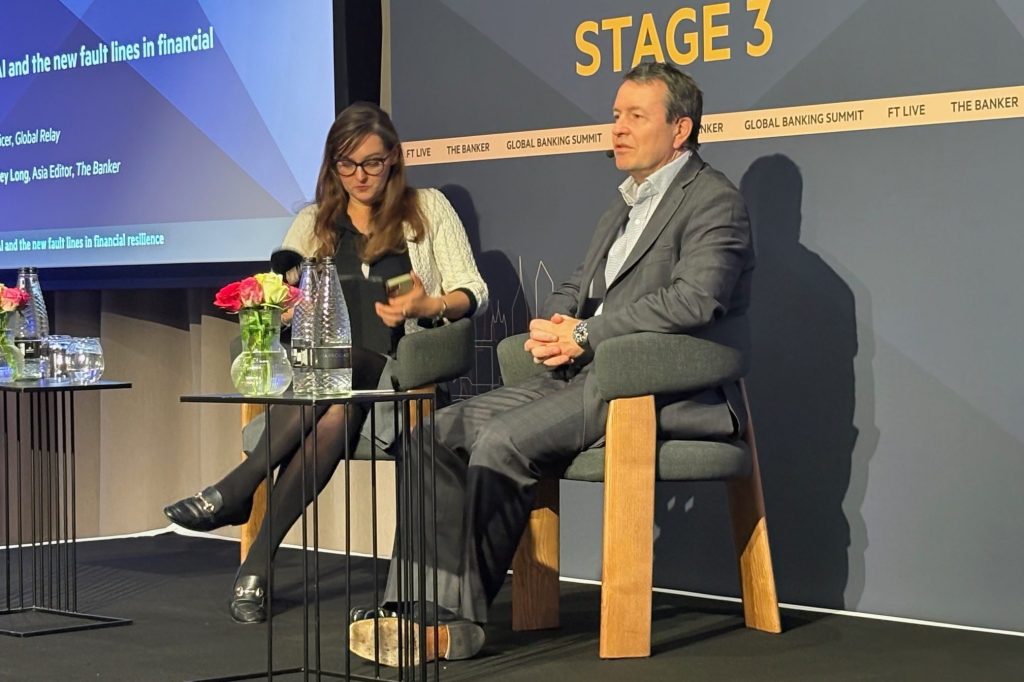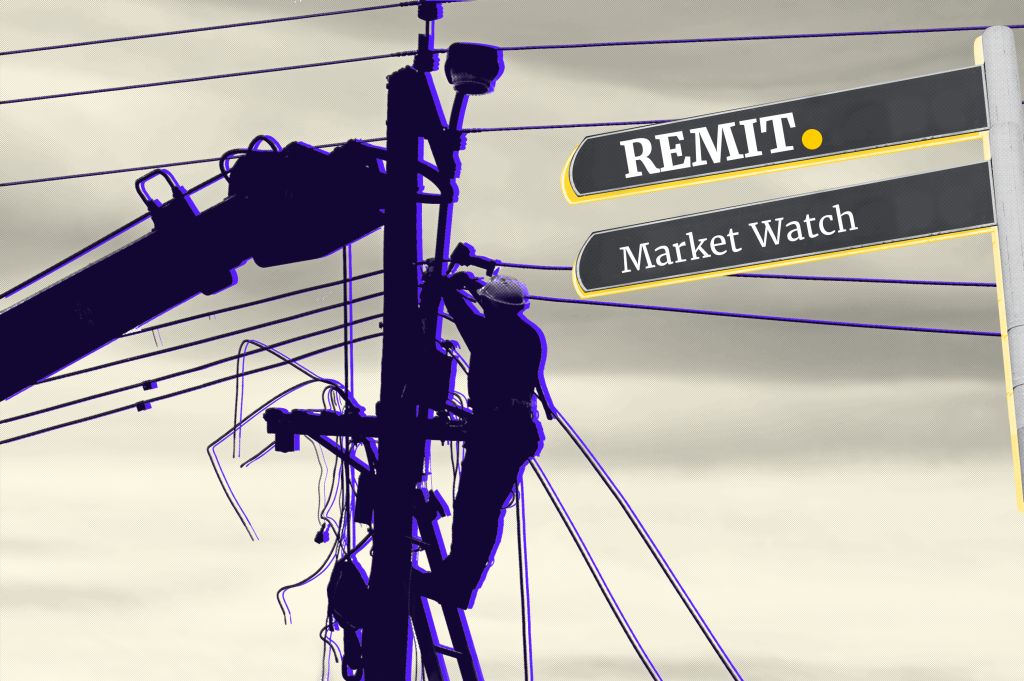The REMIT Quarterly newsletter has been published and provides updates on market surveillance and enforcement.
The Regulation on Wholesale Energy Market Integrity and Transparency (Regulation (EU) 2024/1106) (REMIT) introduces a sector-specific legal framework for identifying and penalizing insider trading and market manipulation in wholesale energy markets across Europe, published on
Market
Register for free to keep reading.
To continue reading this article and unlock full access to GRIP, register now. You’ll enjoy free access to all content until our subscription service launches in early 2026.
- Unlimited access to industry insights
- Stay on top of key rules and regulatory changes with our Rules Navigator
- Ad-free experience with no distractions
- Regular podcasts from trusted external experts
- Fresh compliance and regulatory content every day













